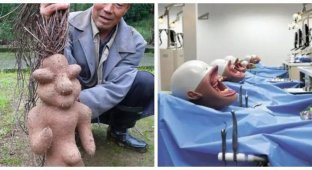10 ideas that seemed crazy at first, but unexpectedly worked (11 photos)
Many incredible events happen in the world every day, and people are always puzzling over solutions to many problems. In this post you will see difficult tasks that ended in a completely crazy way. 
1. Bao Xishun, the tallest man in the world, removes plastic from the stomach of a sick dolphin in China 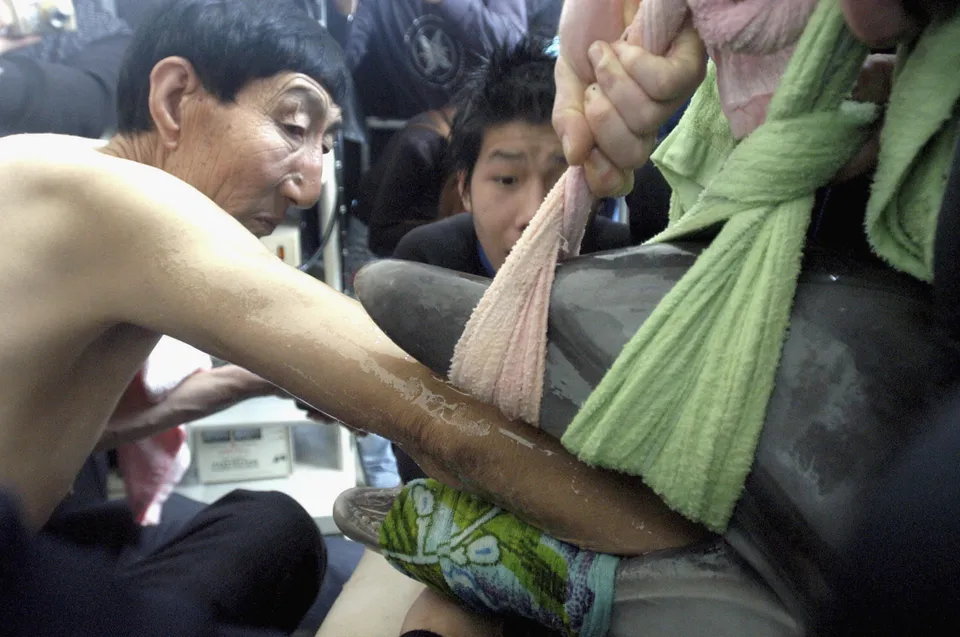
He came to the aid of two dolphins after they swallowed plastic and vets were unable to remove it.
2. Some cultures in the past used angry Dorylus ants to stitch wounds. Currently, this practice continues in central and eastern Africa. 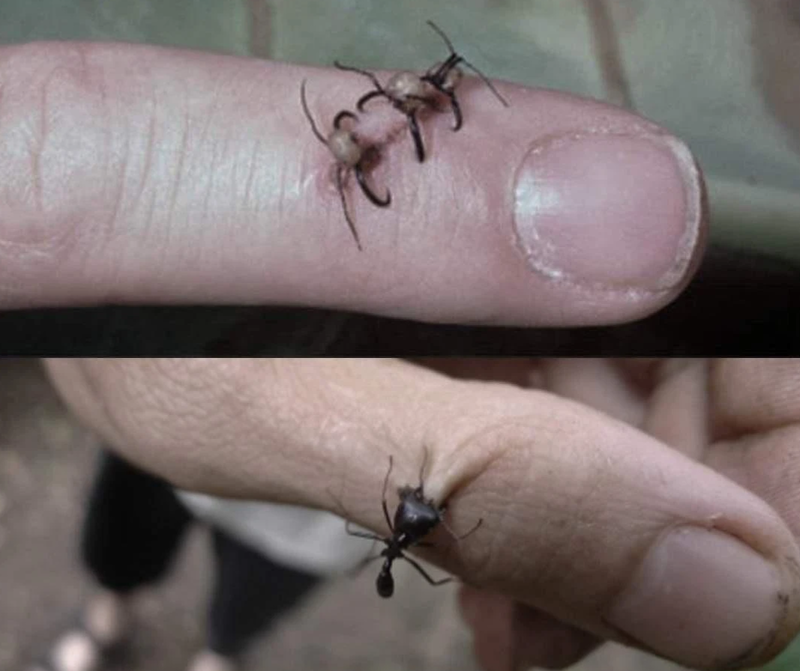
3. They installed their own “artificial sun” in Rjukan, Norway 
The Norwegian town of Rjukan has not seen sunlight for six months. All this time, darkness reigned in the city, since the sun's rays simply could not penetrate the deep valley located between the mountains. To partially solve this problem, three mirrors with an area of 17 square meters were installed on one of the mountains, directing sunlight onto the city square.
4. In India, farmers wear masks on the back of their heads because Bengal tigers do not attack those who look them in the eye. 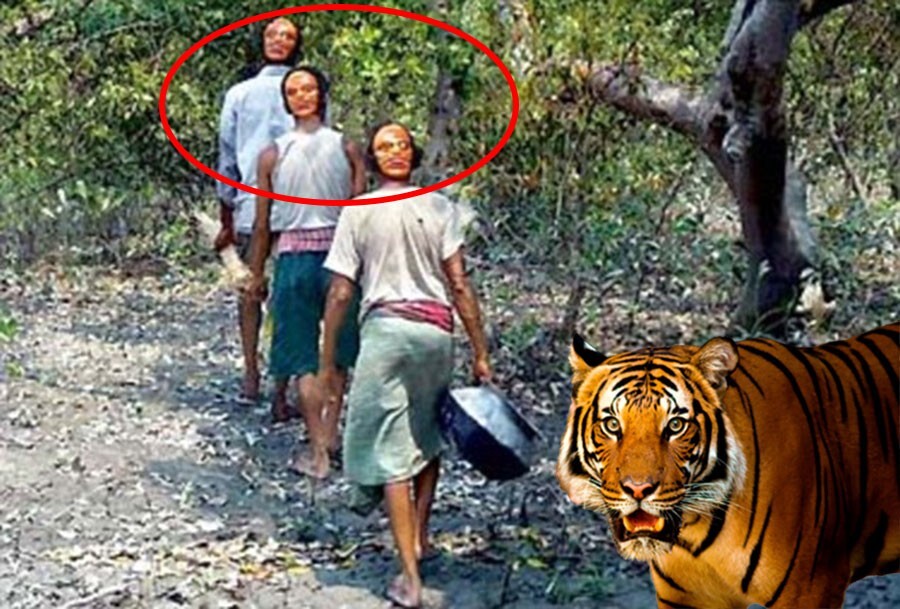
Although it may seem silly, these masks have saved the lives of many people who have to walk through the jungle.
5. The city of Tokyo installed blue lighting in train stations to prevent suicides. After this, not a single case of suicide was re-registered 
6. Ivanhoe Aquatic Reserve prevented its water from becoming carcinogenic by filling its tanks with black beads. The fact is that the chemicals in the water reacted with the sun and produced a carcinogenic reaction 
7. Dr. Julius Wagner received the Nobel Prize for discovering a cure for syphilis. He treated his patients by injecting them with anti-malaria injections. 85% percent of people recovered 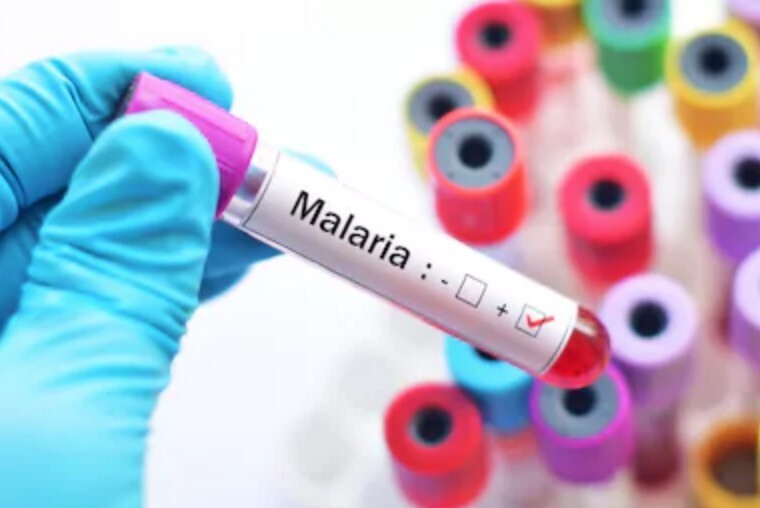
8. The authorities of the city of Bulawayo announced to citizens the need to press the toilet flush at the same time, thus they resolved the issue of cleaning the pipes. Unexpectedly it worked 
9. Little garra rufa doctor fish successfully cope with such a complex disease as psoriasis and other skin diseases. They "see patients" in thermal springs in the mountains of Turkey 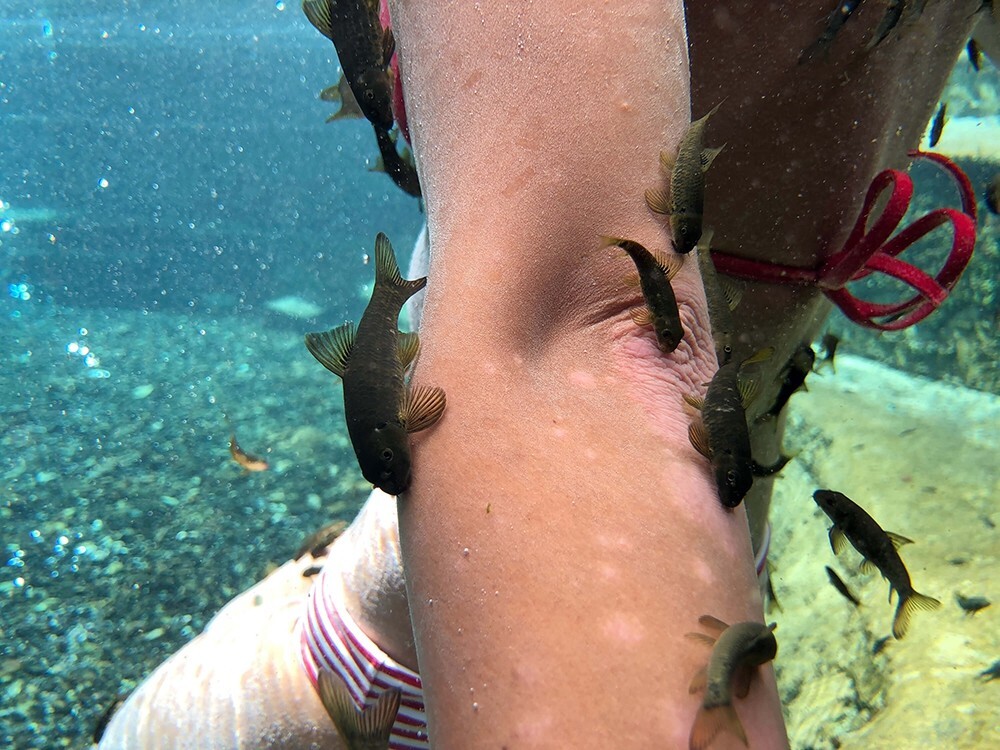
10. The 2006 Ig Nobel Prize in Medicine was awarded to Francis Fesmeier of the University of Tennessee College of Medicine, USA, who published a report on “Stopping 72 Hour Hiccups with Digital Rectal Massage.” 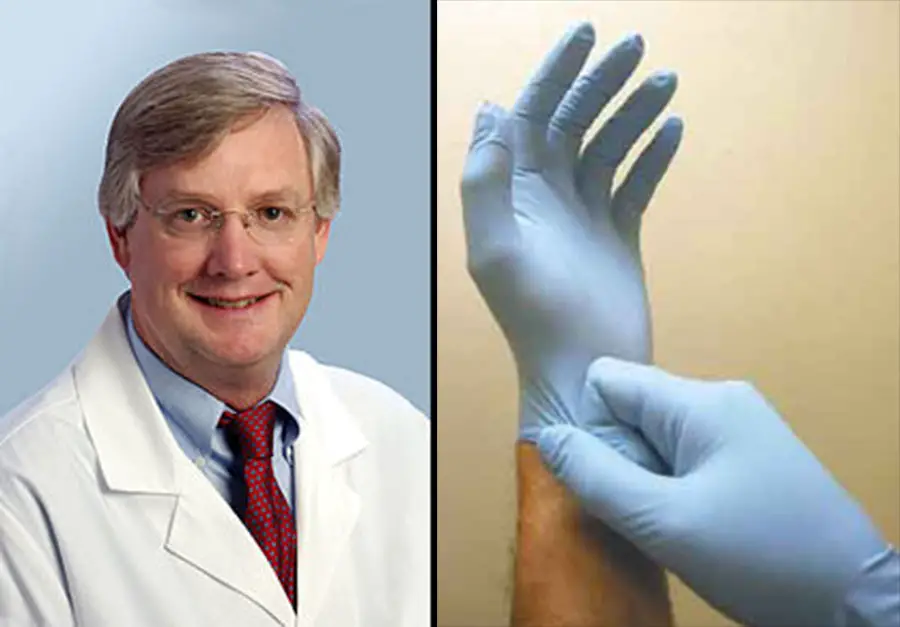
Although there was another similar case in history, but in Israel.
















